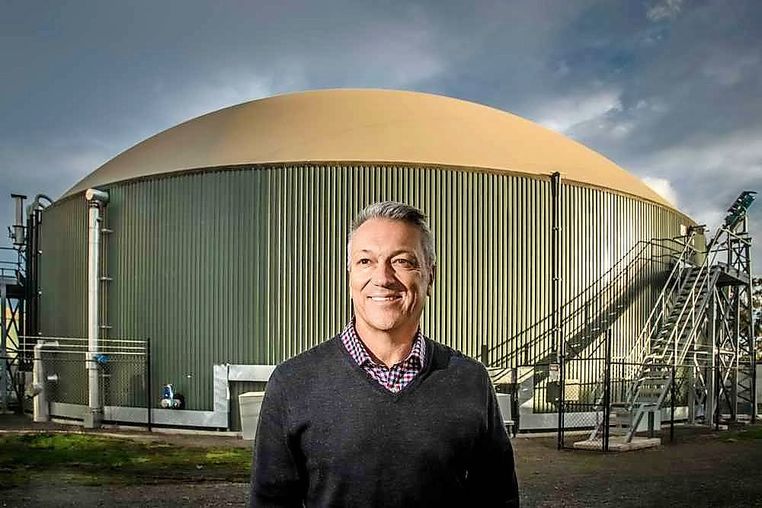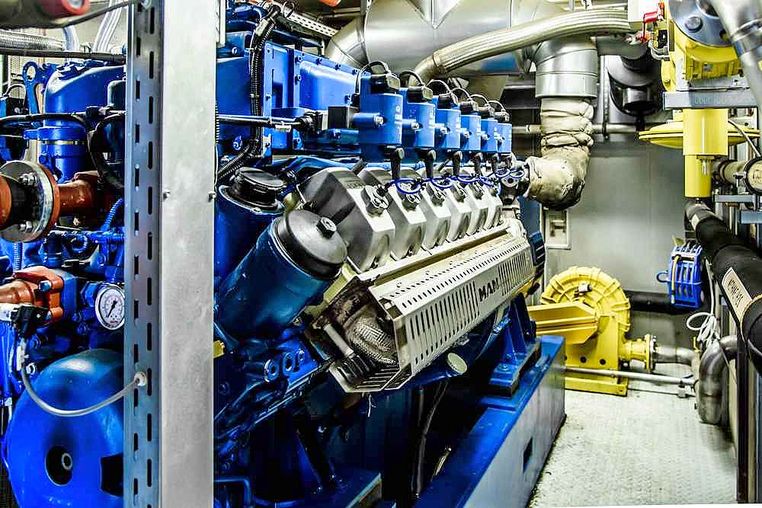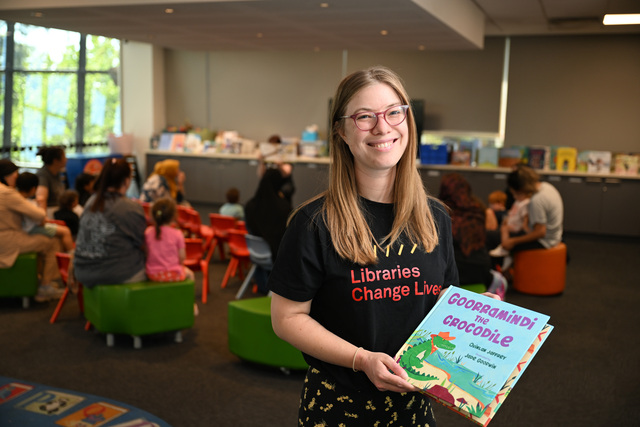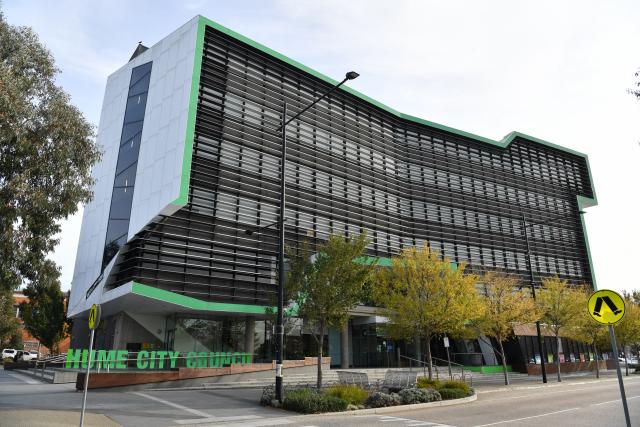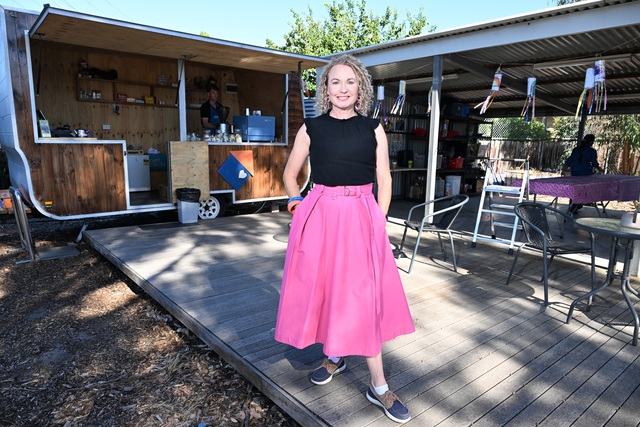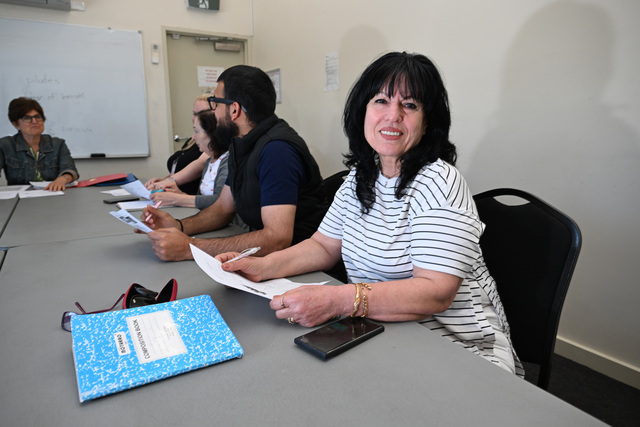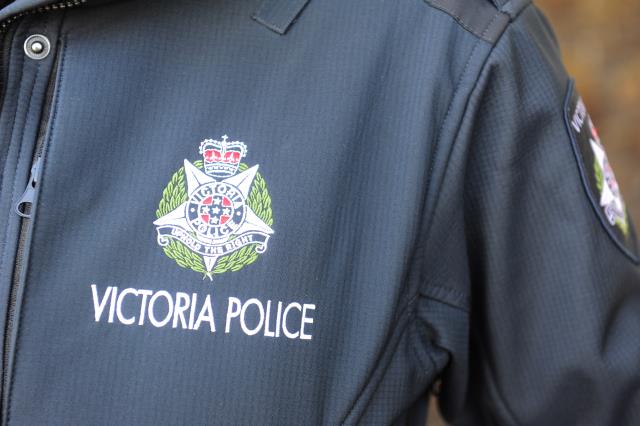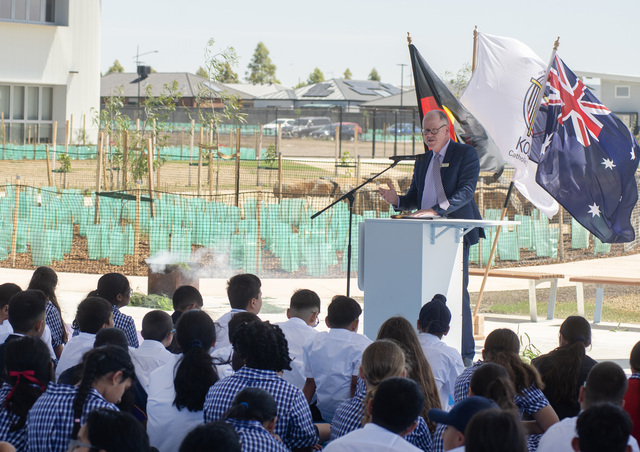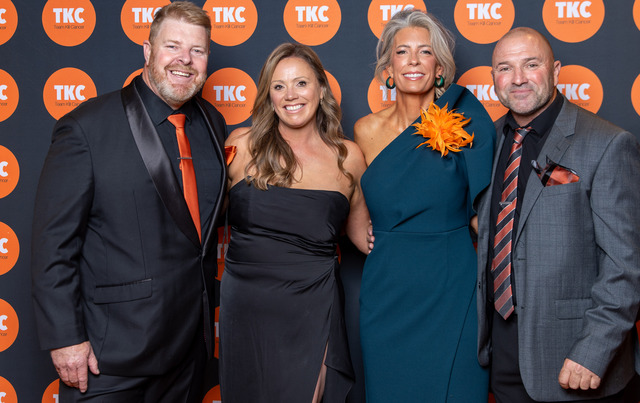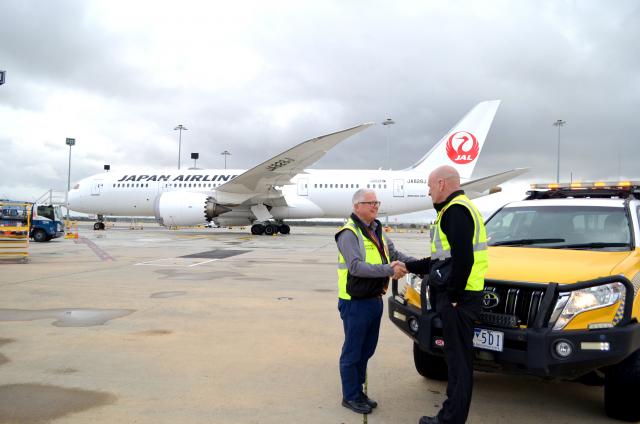A Wollert plant transforming food waste into energy has generated enough energy in its first two years of operation to power more than 2000 homes.
Yarra Valley Water’s ReWaste waste-to-energy plant has transformed more than 45,000 tonnes of food waste into 10,000 megawatt hours of clean energy since its launch in June, 2017.
The plant powers itself and the adjacent Aurora sewage treatment plant and exports excess energy – about 70 per cent – to the grid.
The plant is Victoria’s first waste-to-energy facility.

Yarra Valley Water managing director Pat McCafferty said the premise behind the plant was to help transition the company towards generating 100 per cent of its own renewable energy by 2023 and to help maintain affordable bills for customers.
“The future security of water in Melbourne relies on our response to climate change now – that’s why we have a strong commitment to embracing renewables and reducing our carbon footprint,” he said.
“The electricity generated by the plant has saved us $1 million on energy, allowing us to invest in other sustainable projects and to maintain affordable customers bills at a time when the cost of living is a very real struggle.”

More than 20 businesses provide Yarra Valley Water with food waste – ranging from fruit and vegetables to dehydrated egg and grease trap waste and shopping centre and restaurant waste – to power the plant.
ReWaste is operating at near full capacity, processing an average of 2700 tonnes of organic waste a month.
Mr McCafferty said Yarra Valley Water believed the plant could help tackle climate change and that similar technology could be used to manage Melbourne landfill in the future.
“Melbourne is growing rapidly and it is inevitable that we are going to have to reassess the way we manage landfill,” he said. “The same waste-to-energy technology we’ve used can be harnessed to create clean energy from different types of waste, which is really exciting.”

